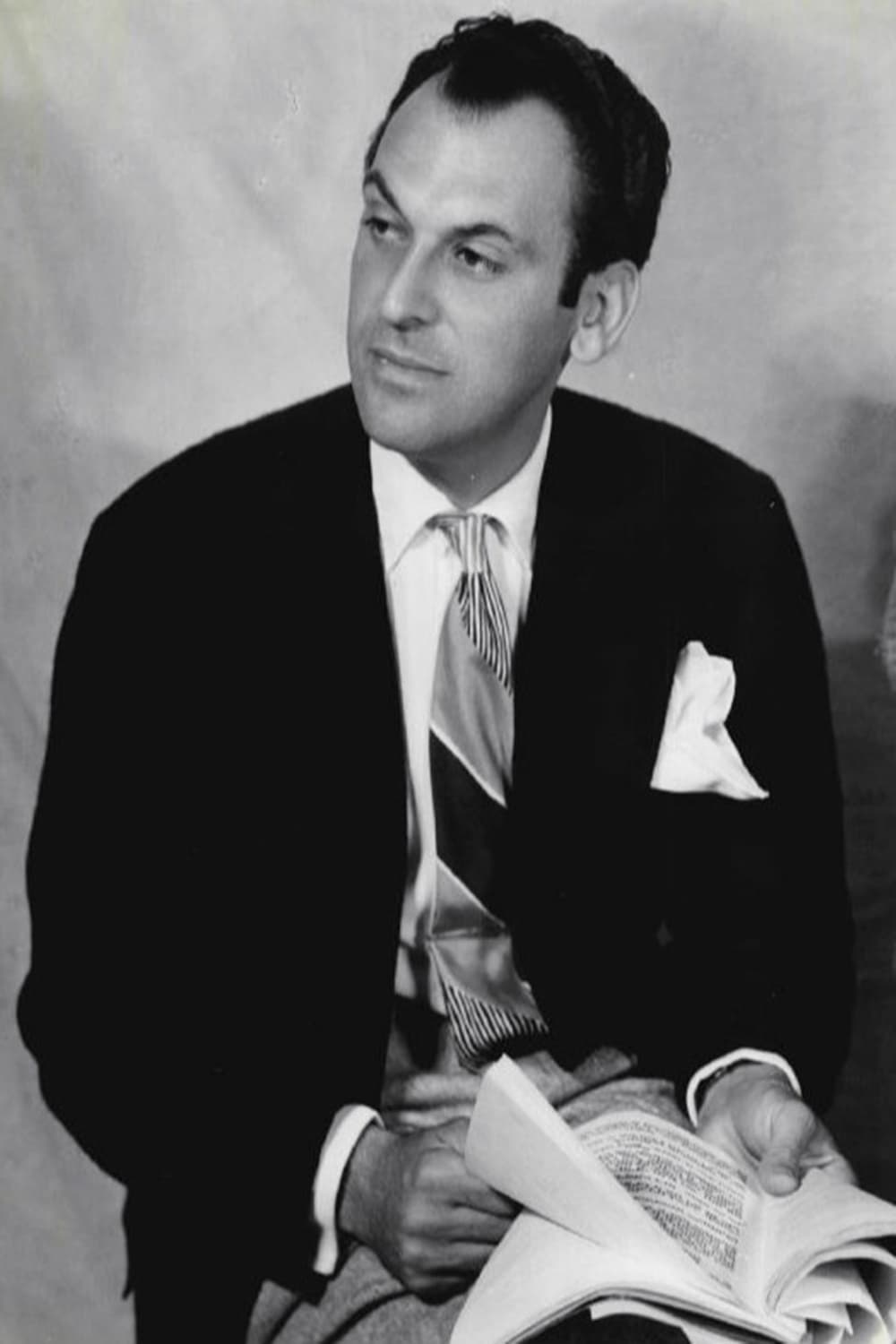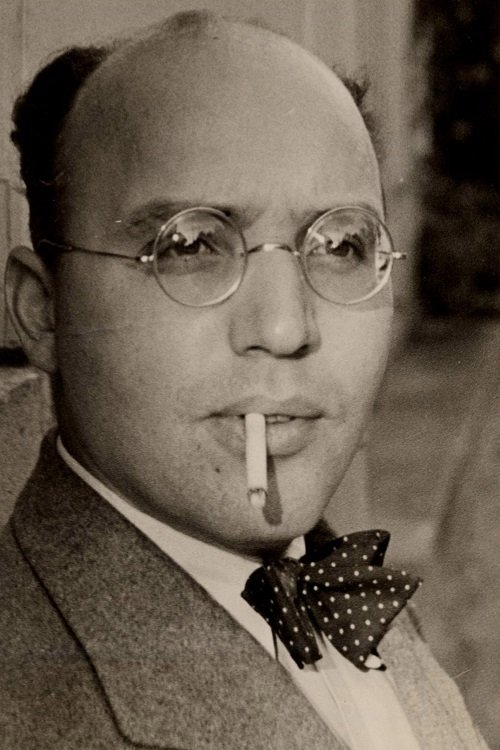

The story of Kurt Weill 's relationship with the American popular theatre. During his years in exile on Broadway, the composer of Mack the Knife and The Alabama Song, who personified decadent Berlin, found a new life in New York, creating such standards as September Song and Speak Low. Director Barrie Gavin describes the film as "the history of an artist ... struggling to write music which could have real meaning for the society he had just joined." Weill is remembered by the conductor Maurice Abravanel and the actor Burgess Meredith and there are extracts from several of his works.
Moss Hart was an American playwright and theatre director. Early on he had a strong relationship with his Aunt Kate, with whom he later lost contact due to a falling out between her and his parents, and Kate's weakening mental state. She piqued his interest in the theater and took him to see performances often. Hart even went so far as to create an "alternate ending" to her life in his book Act One. He writes that she died while he was working on out-of-town tryouts for The Beloved Bandit. Later, Kate became eccentric and then disturbed, vandalizing Hart's home, writing threatening letters and setting fires backstage during rehearsals for Jubilee. But his relationship with her was formative. He learned that the theater made possible "the art of being somebody else … not a scrawny boy with bad teeth, a funny name … and a mother who was a distant drudge.
By browsing this website, you accept our cookies policy.